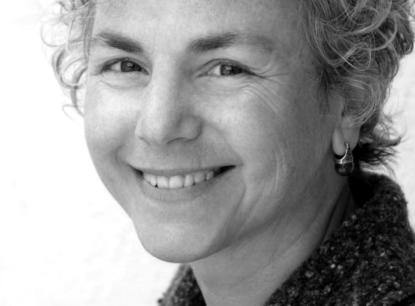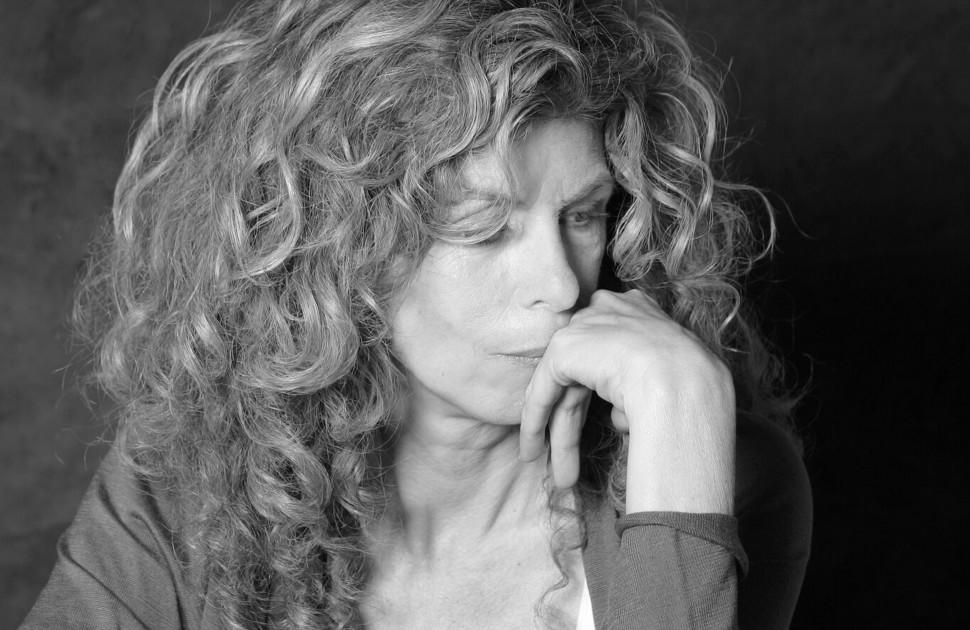Why Do We Turn to Poetry at the Important Moments in Our Lives?
A Conversation with Marie Howe and Ellen Bass
By Garrison InstituteWhen it comes to commerce, poetry is marginal relative to other art forms. And yet, at the big moments in our lives — birth days, graduations, weddings, and funerals — we turn to poetry again and again. We recently asked poets Marie Howe and Ellen Bass to have a conversation about the power of poetry during moments of transition.
Marie Howe: Why do you think we turn to poetry at the important moments in our lives?
Ellen Bass: One of the things that I think poetry does is to help us to see our personal experience as part of the human experience, and this is especially needed in times of personal crisis. This can help us take a step toward accepting our painful experience, so we don’t have to fight so hard against it.
We can’t avoid our suffering, but we don’t have to be completely alone in it. Of course, there is a way in which suffering is really lonely—because nobody, no matter how much they love you, can carry it for you—but it’s also true that, when you read a poem that really speaks to something that you feel, you don’t feel as lonely. When you read certain poems you think, “Oh, here’s a person who has lived through this and knows what I am experiencing.” You can know this intellectually, of course, but emotionally it can hit you as though you’ve never known it before. Sometimes there is a poem—that someone wrote long ago, someone who’s dead now, someone who never lived where I lived, who never knew that I could be reading their poem—and their poem gives me comfort and sustenance.
Marie Howe: I keep thinking of the Robert Frost line, “A poem is a momentary stay against confusion.” Not only has someone stood where we’ve stood, but they’ve somehow created a structure that can hold order and disorder in equipoise. They can hold what Rainer Maria Rilke calls the unsayable nature of every moment and also create a structure that can give a kind of order, sound, and sense to it.
The poems that we turn to over and over again are deeply felt and well made. When you pick them up, they don’t rattle. And it’s interesting that with these kinds of poems, you usually don’t feel the personality of the poet taking over. Emily Dickinson can write “I felt a funeral, in my brain, and mourners to and fro kept treading, treading till it seemed that sense was breaking through.” And yet I don’t feel overwhelmed by her personality. I feel like, yes, I’ve known that feeling. There’s a balance between a poem coming from a particular person and also being made by the whole human experience itself. In this way, it seems inevitable once it’s finished that the poem can live on and on without being paraphrased—it stays hard and solid, like something you can really hold and carry with you.

Poet Ellen Bass
Ellen Bass: Yes, like a talisman. It’s like a stone that you put in your pocket or hold in your hand. We have talked about this a lot, Marie, that writing or reading a really good poem at a particular time can transform you. You aren’t the same as you were before. And in a time of terrible crisis you don’t really want to be the same, because being the same is so painful. You can’t eliminate the terrible thing or whatever your feelings about the terrible thing are, but you can transform yourself a little bit.
When you were talking about how Emily Dickinson was able to not have her personality take over that poem, it made me think of the Langston Hughes poem “Island”: “Wave of sorrow, do not drown me now: I see the island still ahead somehow. I see the island and its sands are fair: Wave of sorrow, take me there.” I’ve probably said that poem to myself 10,000 times. Sometimes I ask myself, “How am I going to get to the island?” Well, it’s the wave of sorrow. The poem is telling me that the wave of sorrow is a wave of sorrow, but it’s also what’s going to get me to the island. It’s a wonderful paradox, that this thing that I don’t want so badly is going to be part of my deliverance.
Marie Howe: I think we’re often afraid of transformation because we’re used to being whoever we were before a birth or death of some kind asks us to change. But a poem can help us transform—be the wave that propels us somewhere utterly new, where we’ve never been before.
Ellen Bass: What you just said about birth and death, Marie, seems relevant to the question of why we turn to poetry at major events in our lives. During a major event, I’m already on my knees asking, “How on earth can I be transformed?” Maybe we don’t want to be transformed in our everyday lives.
Marie Howe: Well, maybe we don’t have to be. We like repetition. It consoles us.
Ellen Bass: Yeah, we do.
Marie Howe: Stanley Kunitz used to say that poetry is aware that we are both living and dying at the same time. We think, “Oh, my God. I’m alive.” And, “Oh, my God. One day I won’t be.” We experience the mystery of living on a planet, circling a star—the full catastrophe of living is so mysterious and unknowable. We’re hurdling through space, stuck to this planet by gravity. We’re not who we think we are. We don’t know what’s happening. So we make these songs to sing to each other. We make these sounds that both reassure us and urge us on, they help us sleep and help us wake up.
Ellen Bass: Yes, some slow us down so that we get to notice things and pay attention in a way that’s so rich, so that we don’t just zip through to the end of our life. In that way, I suppose, we turn to poetry in the big and small moments of our lives.
Top image: Marie Howe

Thank you.